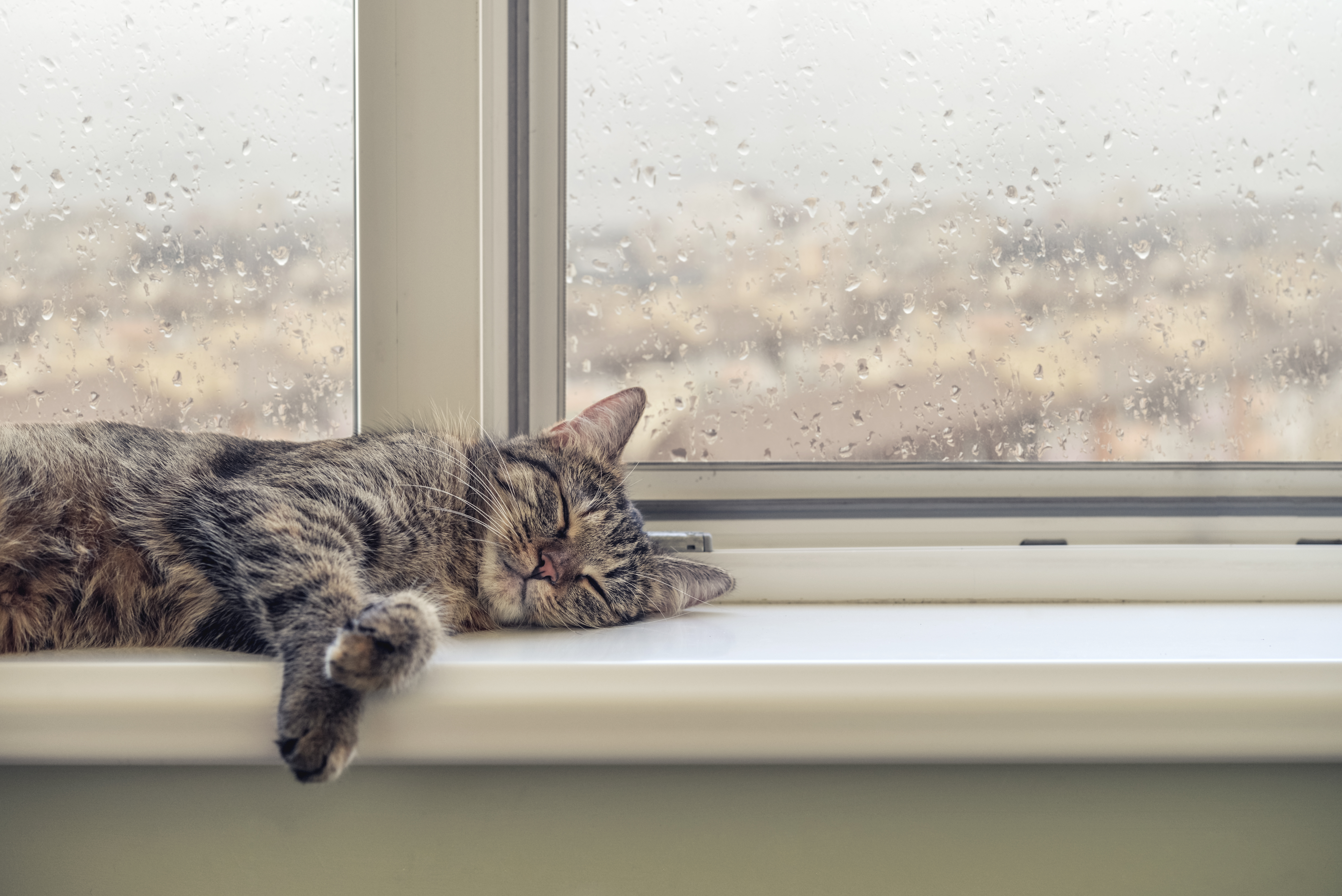
Learn How to Detect Your Cat's Heart Problem Early
Heart disease is a dangerous and common health problem in cats. Unfortunately, due to cats’ ability to mask their pain, it’s not always easy to tell when something is wrong.
Paying attention to the signs and understanding how heart disease presents itself in the early stages may help you pick up on problems your cat is having and get them to the vet for an examination and treatment. Early detection in heart disease is extremely important to allow your cat to live a longer and happier life.
Early detection is crucial
Cats’ hearts have four chambers, a left and right atrium (top) and left and right ventricle (bottom). Blood is pumped between these four chambers and the lungs to circulate oxygen and nutrients to the rest of your cat’s body.
Heart disease in cats, often called cardiomyopathy, is the most common form of heart problems in cats, although there are other potential diseases. It is characterized by the thickening or stretching of the heart muscles. This results in poor heart performance, meaning the body isn’t getting oxygen fast enough to operate properly.

Heart disease may be present at birth (congenital), but it may also develop over time. The latter usually occurs in middle-aged and senior cats that have experienced wear and tear or injuries of the heart.
If left untreated, heart disease in cats could lead to congestive heart failure, in which the heart stops working well enough to circulate blood, causing it to back up into the lungs. This condition could be fatal.
Because of this, early detection of heart disease in cats is crucial. When diagnosed and treated early, heart disease in cats can be manageable, allowing the cat to live happily for many years.
Unfortunately, cats tend to mask their pain quite easily, making early detection much more difficult. If you suspect something is wrong with your cat, it’s a good idea to have them checked out by a vet just to be safe.
Signs to watch for
Some signs of heart disease can sometimes be similar to those of other kinds of feline illnesses, particularly lethargy. However, many of these signs are indicative of a problem with the heart and lungs and tend to be quite noticeable when your cat is engaging in physical activity.
Cats with heart disease are more likely to struggle with prolonged exercise because the heart is unable to pump blood through the body efficiently, making them feel weaker or tired much faster than normal. The average cat should be able to play and run around without getting fatigued too quickly, and a cat that is resting should not have an extremely fast heart rate or difficulty breathing.
Cats with advanced types of heart disease may begin to cough, which can indicate that blood is starting to back up into the lungs.
If you notice any of the following signs, be sure to schedule an appointment with your vet as soon as possible:
- Lethargy or weakness
- Difficulty with exercise
- Poor appetite
- Shortness of breath
- Difficulty breathing while resting
- Persistent coughing
- Consistently fast heart rate
- Paralysis of the hind legs
- Fainting or collapse
Some of the easiest ways to tell that your cat has a health problem is by noticing when they are hiding, withdrawn or unwilling to play. These sudden changes in behavior may be the only ways you notice something is wrong initially, after which you can start to pay closer attention and pick up on additional symptoms like labored breathing and fast heart rates.
This is another reason why yearly veterinary checkups are so important for your cat. Your vet may be able to pick up on abnormalities in the heart rate and respiration that you can’t at home, making it easier to identify problems as early as possible.

What happens next?
Once you notice the signs of heart disease in your furry friend, you’ll want to make an appointment with your veterinarian as soon as possible to get an actual diagnosis. Your vet will run tests and examine your cat to rule out any other potential problems.
If heart disease is truly suspected, your vet will also determine the severity of your pet’s heart disease, from asymptomatic or minor with very few symptoms to advanced heart failure. The severity of your cat’s condition will determine the prognosis for your furry friend and what kind of treatment is available or necessary for your pet’s health and comfort.
Heart disease is not curable, but it can be treated using a combination of medication, supplements and at-home monitoring. When the disease is detected early, many cats can live happy lives with treatment and love from their owners.


